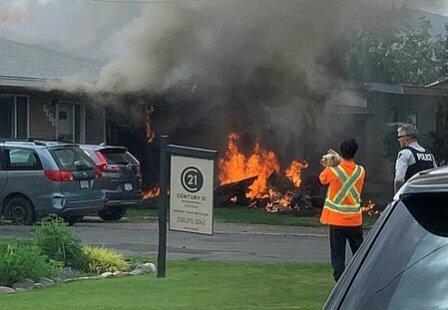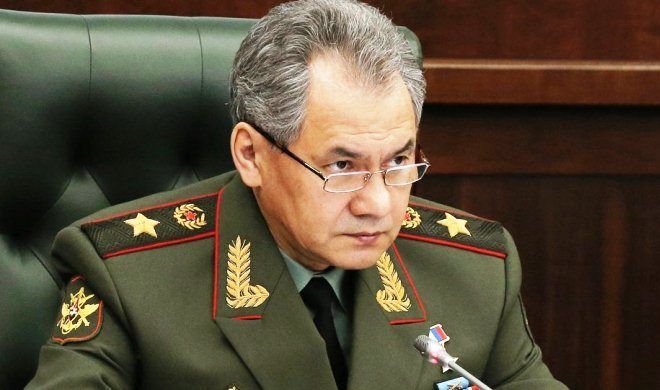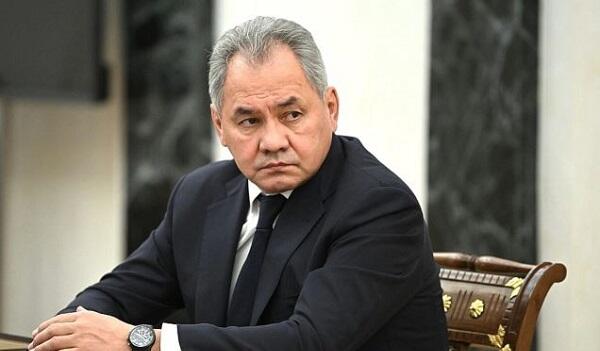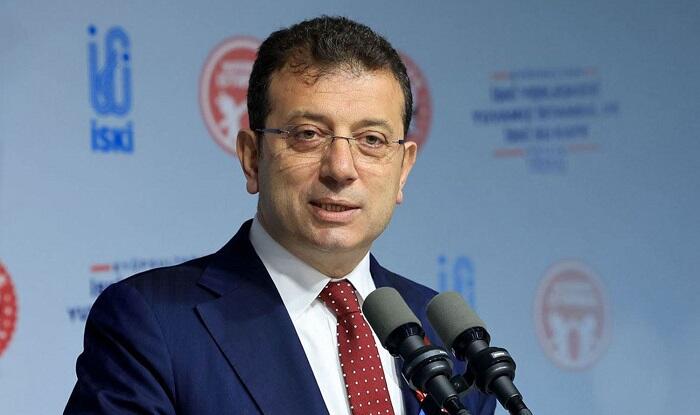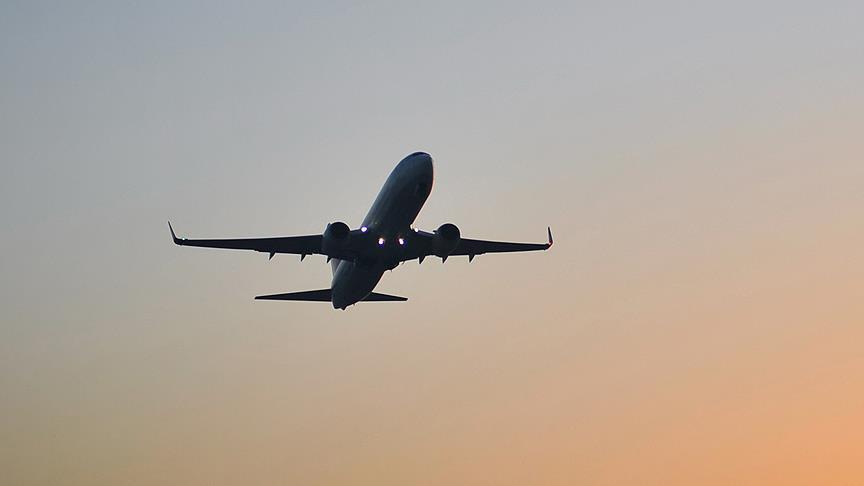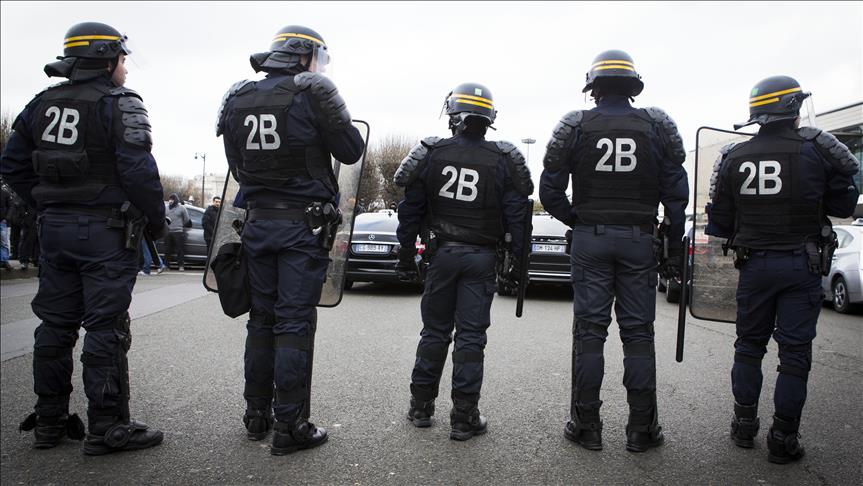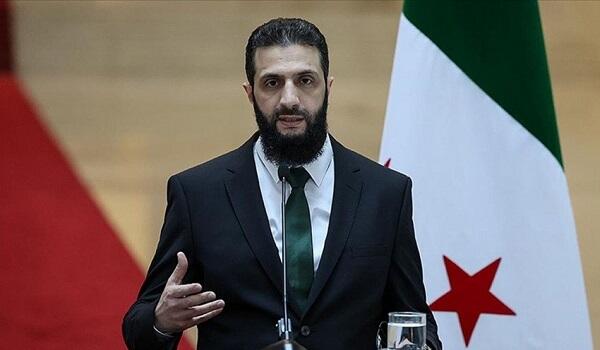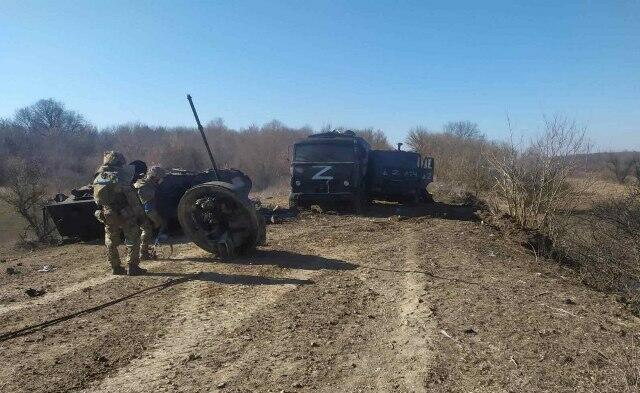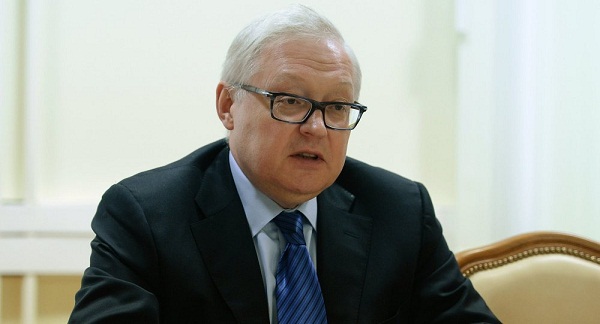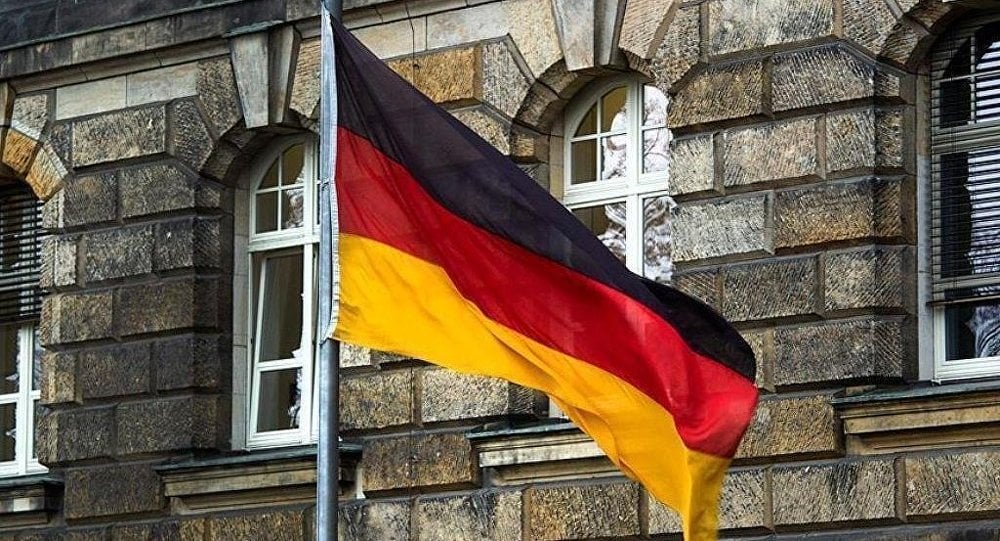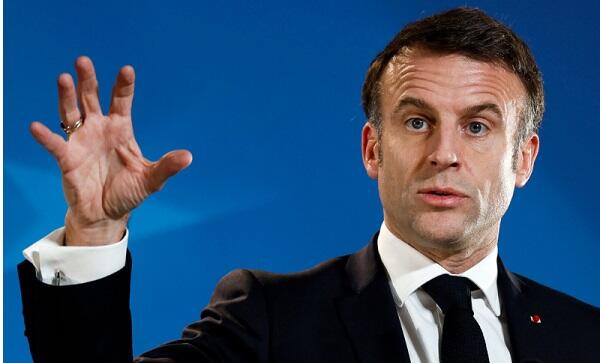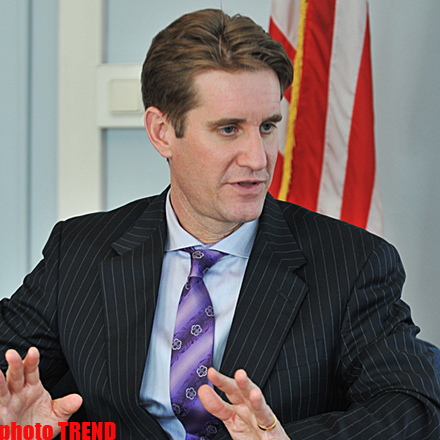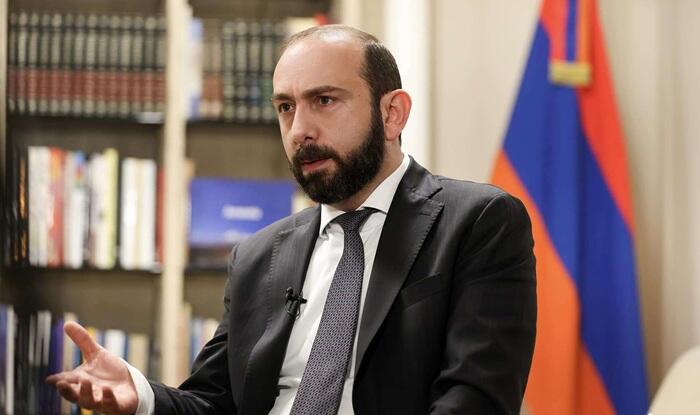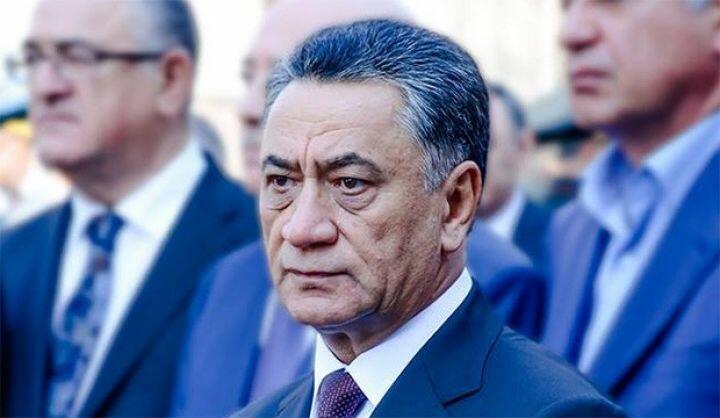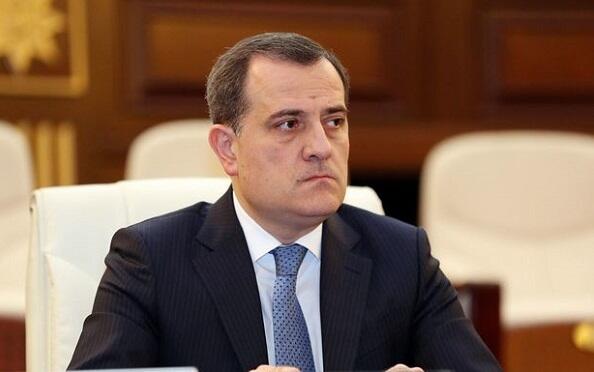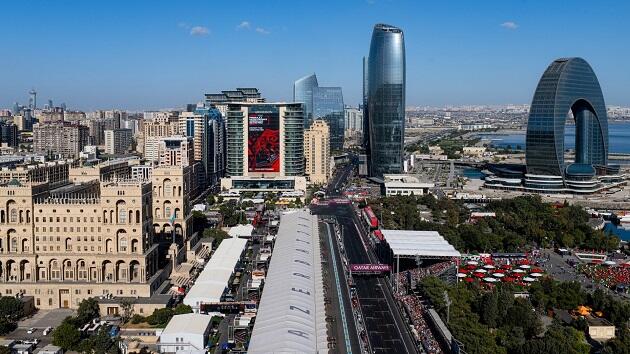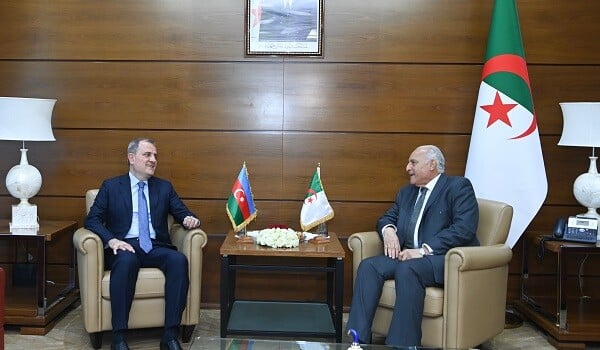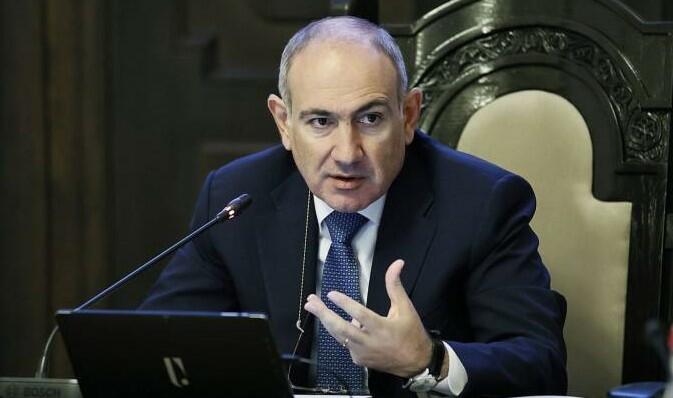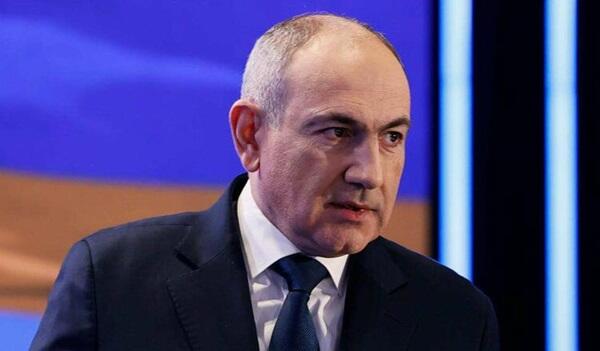It's impossible to predict with any precision at this starting point whether or not the talks between Iran and the United States will yield positive results.
Axar.az (April 13, 2025) Amid renewed diplomatic efforts between the United States and Iran, former U.S. Ambassador to Azerbaijan and former OSCE Minsk Group Co-Chair Matthew Bryza has weighed in on the recent meeting between U.S. envoy Steven Witkoff and Iranian Foreign Minister Abbas Araghchi held in Oman.
In his remarks to the agency, Bryza described the resumption of dialogue as a “positive” development, though he emphasized that it remains far too early to determine whether the talks will produce constructive results.
“It's absolutely impossible to predict with any precision at this starting point whether or not the talks between Iran and the United States will yield positive results,” Bryza began, laying the groundwork for a realistic view of the unfolding negotiations.
According to the expert, what’s most notable is the apparent mutual desire from both Washington and Tehran to re-engage diplomatically after a ten-year hiatus in nuclear discussions.
“Clearly, there's a desire now finally by both sides to restart their negotiations after ten years about curtailing Iran's nuclear program. That was not an easy decision for Iran to take,” he explained.
Bryza indicated that Supreme Leader Ayatollah Ali Khamenei had to be significantly persuaded by his senior advisers to greenlight the discussions.
“It required Supreme Leader Khamenei to be persuaded by his senior advisers that without talks with the United States, Iran might be on a collision course with the United States and with Israel that could lead to war,” Bryza stated.
He elaborated further on recent geopolitical developments, suggesting that Iran’s decision may also have been prompted by escalating tensions with Israel and the threat of crippling sanctions.
“…and indeed, it seems that Israel is prepared to strike Iran's nuclear facilities after having destroyed Iran's air defenses months ago,” he said.
“I think the Iranian Supreme Leader also came to understand that a new round of severe sanctions against Iran's economy by the United States, and as of October, according to the JCPOA — Joint Comprehensive Plan of Action — by the EU, if there's not an extension or a new agreement, would be devastating for Iran's economy and also could hurt the existing regime severely — politically, I mean.”
While acknowledging the high stakes, Bryza noted that the resumption of talks should be seen as an encouraging shift in posture, especially from Tehran.
“So it's positive that Supreme Leader Khamenei agreed to the negotiations, but there's no way to predict accurately that the two sides will be able to overcome their deep distrust of each other,” he said, adding:
“That will require a significant amount of negotiations at the expert level.”
On the specifics of the Oman meeting, Bryza offered a glimpse into how the initial engagement unfolded.
“Yesterday's talks were simply an introduction between Foreign Minister Araghchi and Trump envoy Witkoff. It sounds like they didn't meet for very long and they just agreed on the general sort of direction they thought the talks should follow.”
He added that the real diplomatic groundwork is currently being laid behind the scenes by technical experts.
“And simultaneously and separately, more expert negotiators were meeting in separate rooms and the Omanis then were passing messages between them.”
A new round of negotiations is expected to be held within the coming week.
“So there's, I think within a week, scheduled to be a new round of expert negotiations, at which point the parties will start to discuss the issues that divide them in detail, and there's no way to tell whether or not they'll be able to bridge those differences,” Bryza said.
One of the key points of potential compromise could involve Iran’s nuclear enrichment activities.
“Iran seems willing to agree to limits, new limits on its enrichment of uranium and maybe to renewed inspection of its operations,” Bryza remarked.
However, the Trump administration’s demands are yet to be clarified, and Bryza cautioned that Washington may broaden the scope of the talks beyond nuclear issues.
“But it's not clear what the Trump administration is going to demand, and probably — or I shouldn't say probably — there's a chance the Trump administration will seek limits on Iran's support for its proxies that destabilize countries around the Middle East and beyond, and probably will seek limits on Iran's ballistic missile program. And it's unclear whether or not Iran will be able to agree to that.”
When asked about the possibility of Iran accepting a Libya-style deal — a reference to Israel’s preferred model for full disarmament — Bryza firmly rejected the idea. The “Libya model” refers to the 2003 disarmament agreement between Libyan leader Muammar Gaddafi and Western powers, in which Libya dismantled its weapons of mass destruction.
“No, I do not believe Iran would accept totally giving up its nuclear program as Libya did. After all, Iran has had a civilian nuclear program for decades, which includes ‘legitimate’ civilian nuclear power,” Bryza stated.
Despite the considerable uncertainty, Bryza concluded his comments by underlining that the very act of returning to the table marks a shift — both for the U.S. administration and for Iran’s leadership.
“So there's no way to tell what's going to happen in these talks. But it's positive that the Trump administration's goal to restart talks has been achieved, and that required Supreme Leader Khamenei to be persuaded that it's worth another attempt, even though he's still — Khamenei is still publicly attacking the U.S. and saying he doesn't believe the talks can succeed.”
As both sides prepare for further technical negotiations, the international community remains watchful, recognizing both the high stakes and the narrow window for success.


